
Texas library can keep sexually explicit material from minors... for now
Sheena Rodriguez
·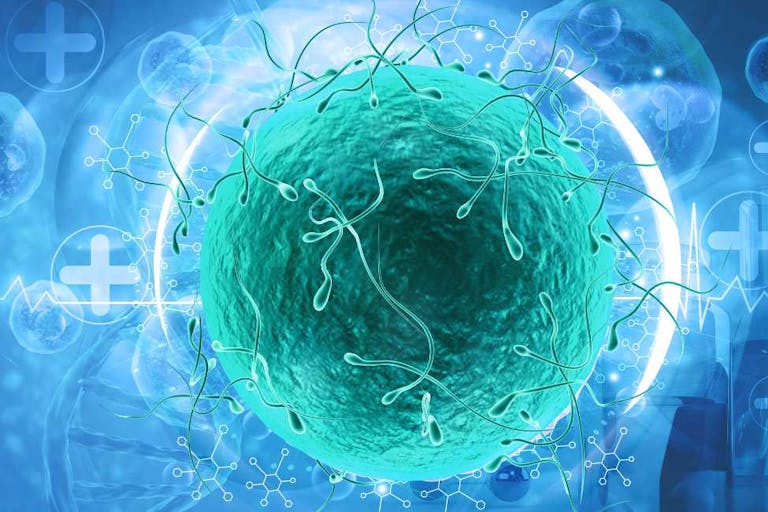
Fertility start-up finds disturbing new way to exploit women
A fertility start-up has taken exploitation in the fertility industry to an entirely new level.
In recent years, the fertility industry has exploded, with more people pursuing assisted reproductive technology (ART) like in vitro fertilization (IVF) and surrogacy, particularly as the public is significantly delaying childbearing. That has led to a massive demand for egg and sperm donations, making people — particularly women — vulnerable to exploitative fertility organizations.
Cofertility is a start-up created by former Uber executive Lauren Makler and an angel investor — with a new twist: women can have their eggs frozen at no cost in exchange for donating half of them. Makler said the idea came to her when she looked into using donated eggs to conceive her own child, and was shocked at how expensive it was to purchase another woman’s eggs.
“It felt sort of like surge pricing for egg donors, which felt icky to me,” she told TechCrunch. Makler was eventually able to conceive on her own, but the idea had already taken root, and she is already boasting about her new business model and how revolutionary it is. “At any given time, we have hundreds of donors that are available for intended parents,” she said.
Furthermore, she said her goal is to destigmatize egg donation. “The big vision and the goal is removing the taboo of egg donation,” she said. “There is zero shame in however you become a parent. Doing that with the help of a donor who’s also interested in freezing her own eggs is a really exciting option.”

Women who donate their eggs are typically younger, often reasoning they aren’t using the eggs, anyway – so why not help someone else start a family? However, fertility organizations like Cofertility prey upon this altruistic nature to exploit women, paying them large sums of money while refusing to be forthcoming about the risks women face in the process.
As Jennifer Lahl previously told Live Action founder and president Lila Rose, the verbiage is distinct and intentional.
Article continues below
Dear Reader,
Have you ever wanted to share the miracle of human development with little ones? Live Action is proud to present the "Baby Olivia" board book, which presents the content of Live Action's "Baby Olivia" fetal development video in a fun, new format. It's perfect for helping little minds understand the complex and beautiful process of human development in the womb.
Receive our brand new Baby Olivia board book when you give a one-time gift of $30 or more (or begin a new monthly gift of $15 or more).
It’s all flowery, ‘Make dreams come true,’ ‘Help a family.’ You’ll see young girls who have sold their eggs say, ‘Well you have so many eggs, I’m not using them anyway.’ So there’s this lure, and people go, ‘Well I like to help people and, sure, that money sounds great and I’m not using my eggs right now. Why not sell some?’
But, there’s the drugs. At the end of the day, they’re selling their children. And two of the women in ‘Eggsploitation’ lost their ability to ever have their own children. So their fertility was permanently damaged.
In this case, women are being lured not with money, but with the promise of being able to use their own eggs later without needing to pay the tens of thousands of dollars it takes to freeze and store eggs for years and years. There is also little information about the long term risk of egg donation, as it requires being injected with hormones and medications before the eggs can be retrieved.
READ: TikTok influencers encourage egg donation for teens… without telling the whole story
But none of these risks take into account the fact that every donation means there is a chance donors have biological children in the world whom they do not — and may never — know, but who have a right to know their own biological parentage.
Medical anthropologist Diane Tober and Donor Sibling Registry director and co-founder Wendy Kramer have both pointed out that the risks of egg donation are significantly higher than what women are led to believe. “In our first published study of 155 egg donors, we found that 30.3% reported Ovarian Hyper Stimulation Syndrome (OHSS),” Kramer wrote. “In our second survey of 176 egg donors in 2014, we found that 32.4% of egg donors reported complications such as OHSS and infection. In our third Study of 363 egg donors in 2021, 22.4% reported experiencing OHSS.”
Tober likewise discussed high rates of OHSS. In her case, four women experienced life-threatening complications as well as reproductive cancers. “Do we know for sure that these unfortunate situations came about as a direct result of their egg donations?” she asked. “No. But these kinds of cases certainly point to the need for more research on egg donor health post-donation, and longitudinal studies that follow donors throughout their donation cycles and beyond.”
Live Action News is pro-life news and commentary from a pro-life perspective.
Contact editor@liveaction.org for questions, corrections, or if you are seeking permission to reprint any Live Action News content.
Guest Articles: To submit a guest article to Live Action News, email editor@liveaction.org with an attached Word document of 800-1000 words. Please also attach any photos relevant to your submission if applicable. If your submission is accepted for publication, you will be notified within three weeks. Guest articles are not compensated (see our Open License Agreement). Thank you for your interest in Live Action News!

Sheena Rodriguez
·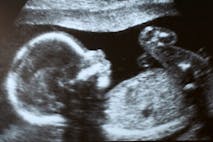
Politics
Madison Evans
·
Opinion
Nancy Flanders
·
Investigative
Carole Novielli
·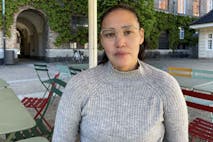
International
Cassy Cooke
·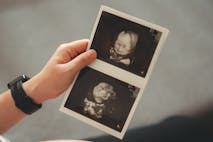
Analysis
Nancy Flanders
·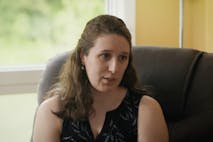
International
Cassy Cooke
·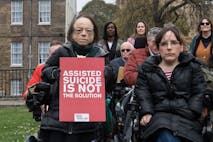
International
Cassy Cooke
·
Politics
Cassy Cooke
·
Pop Culture
Cassy Cooke
·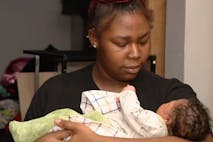
Human Interest
Cassy Cooke
·